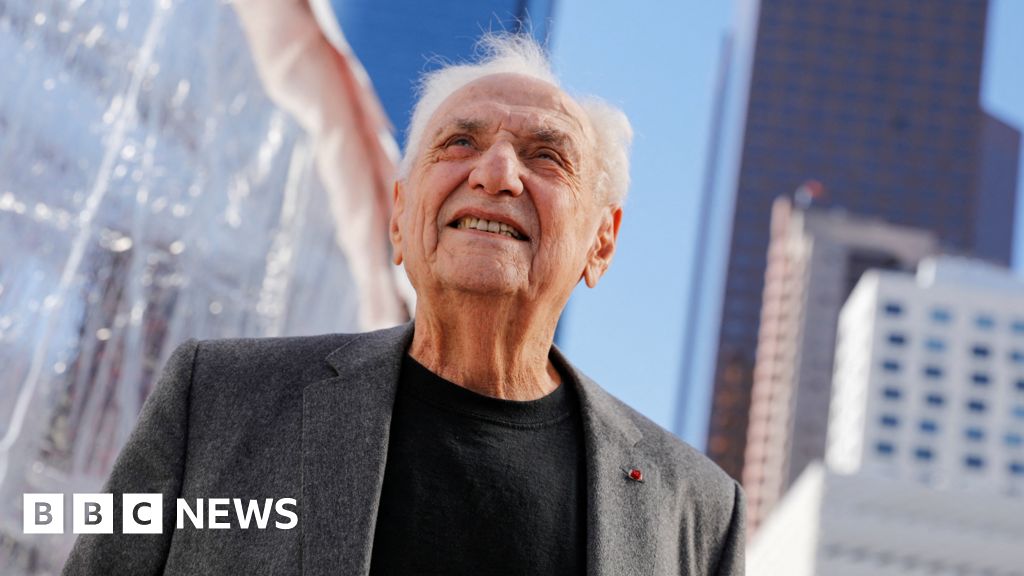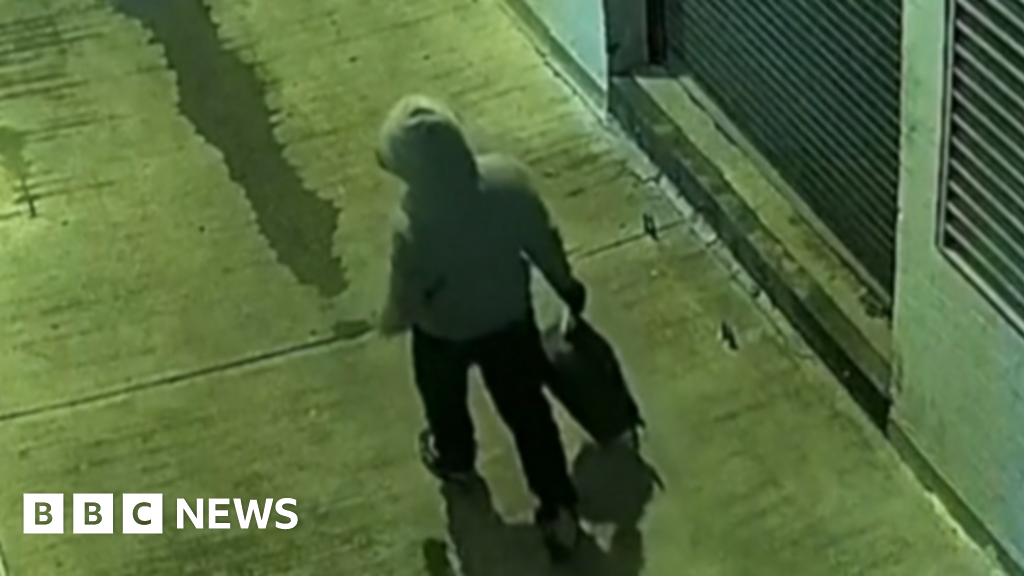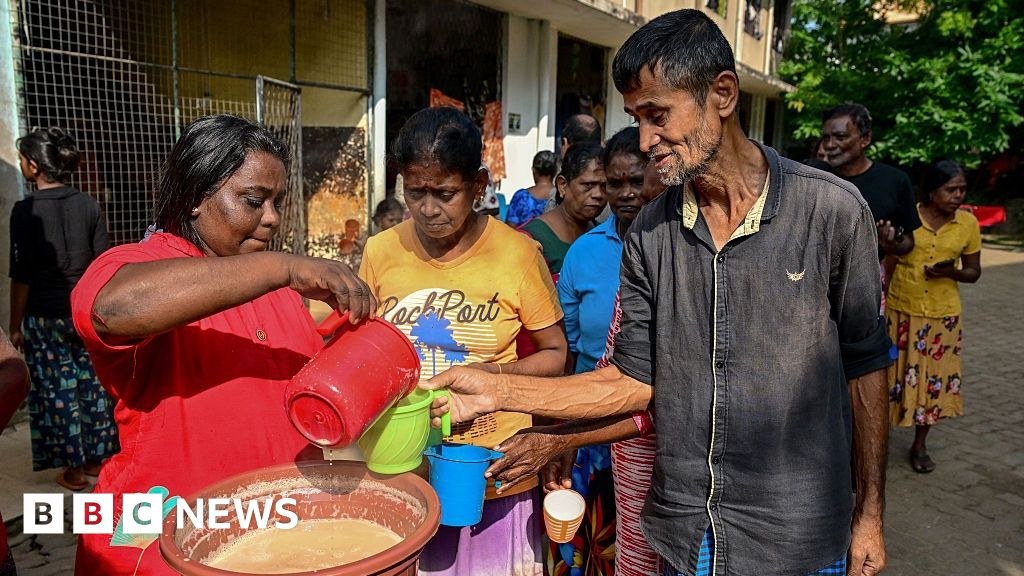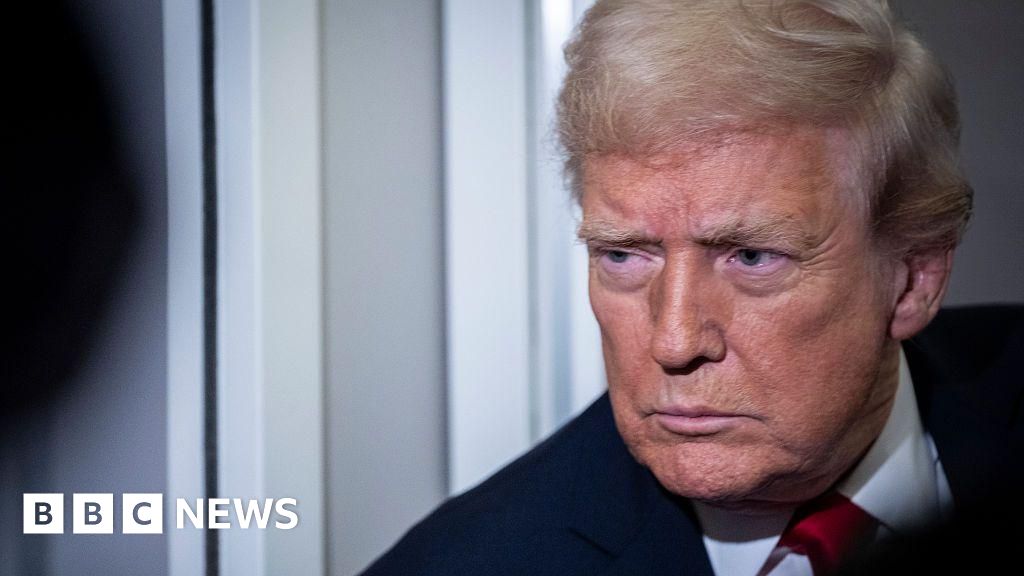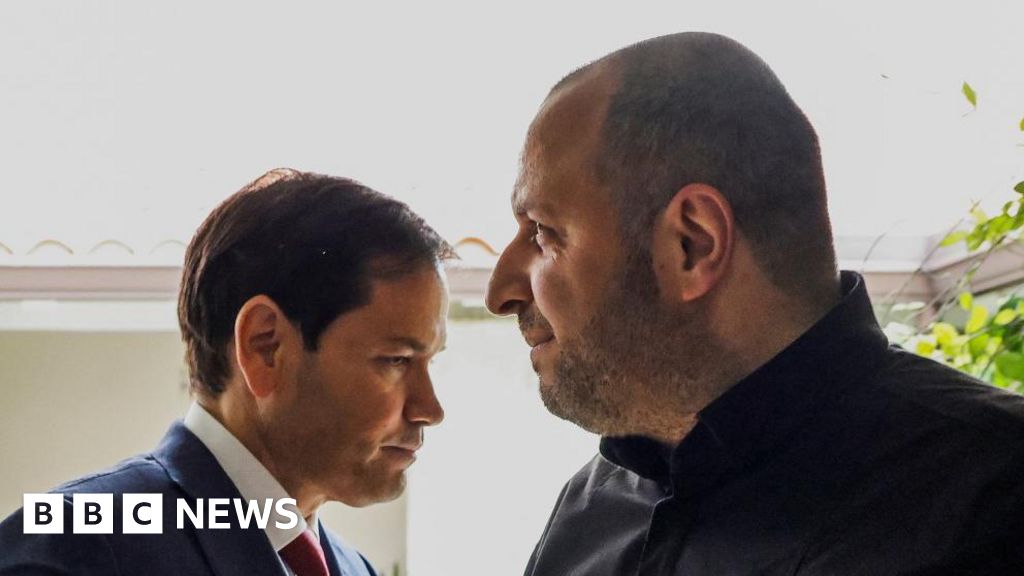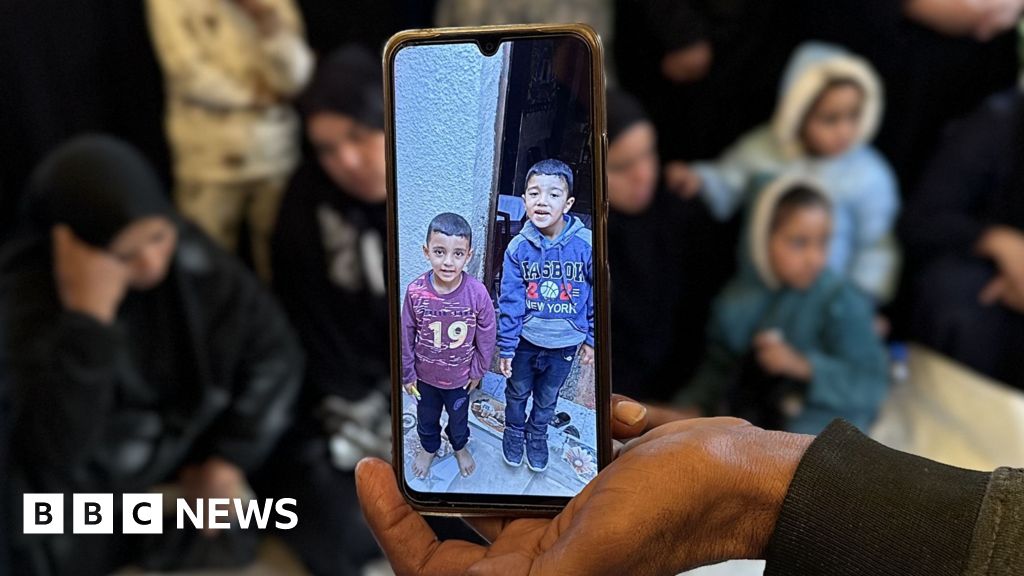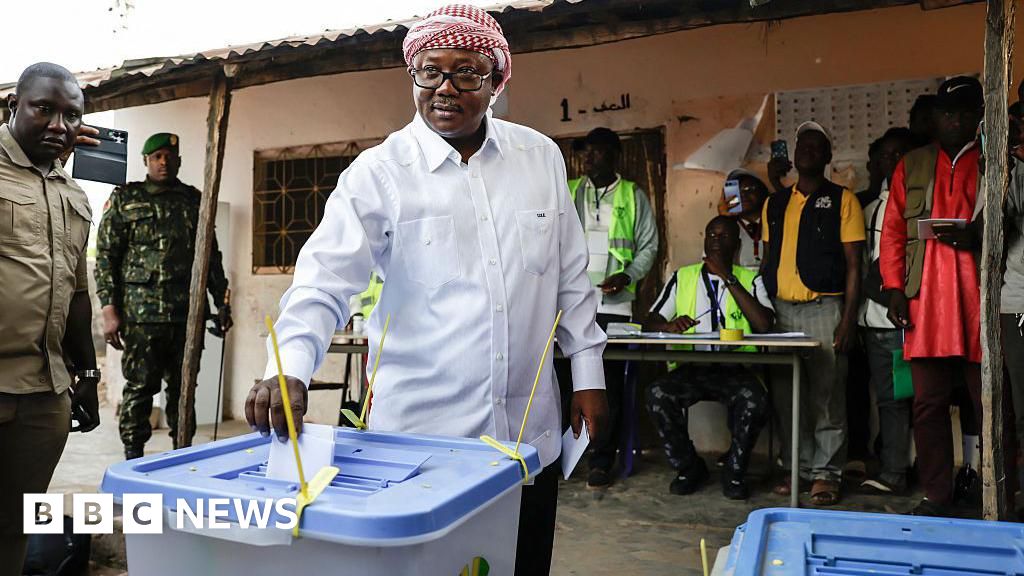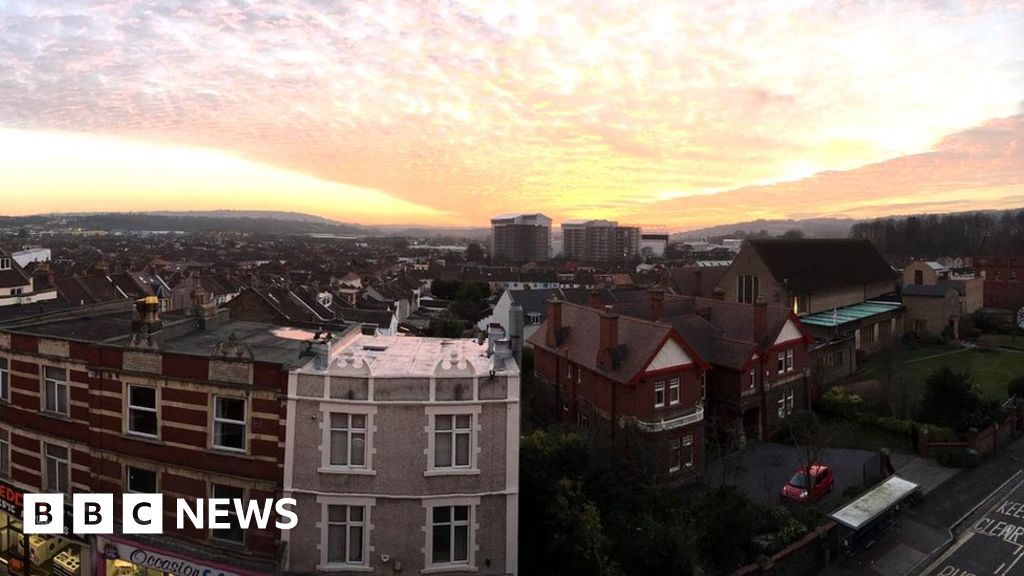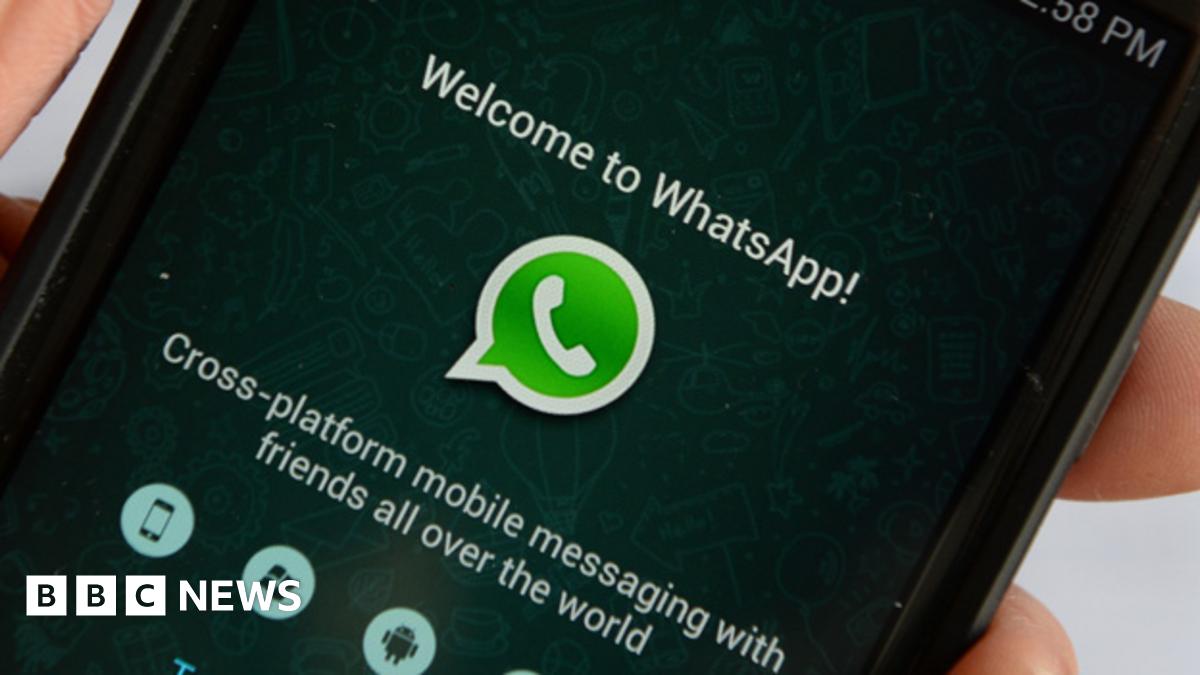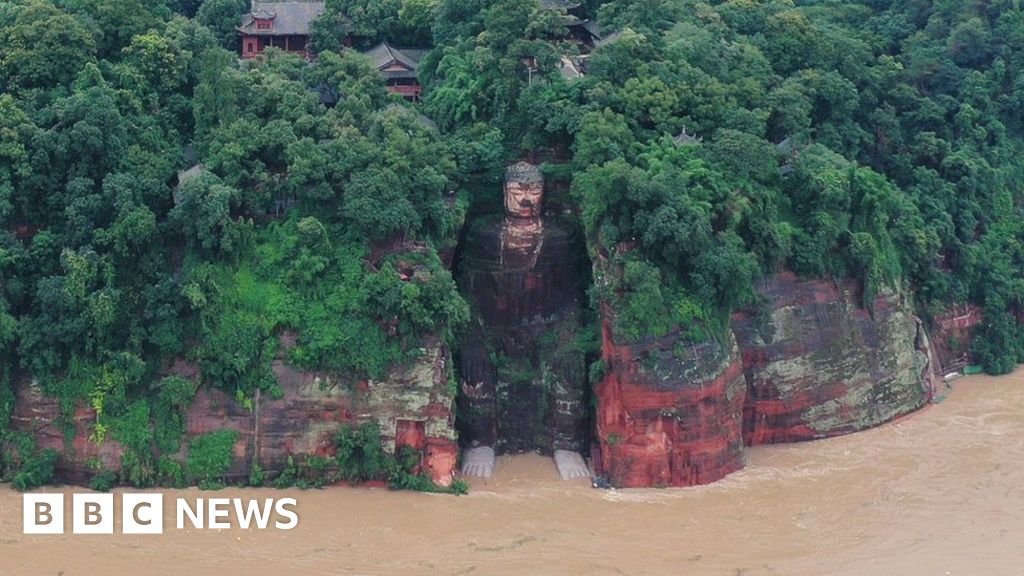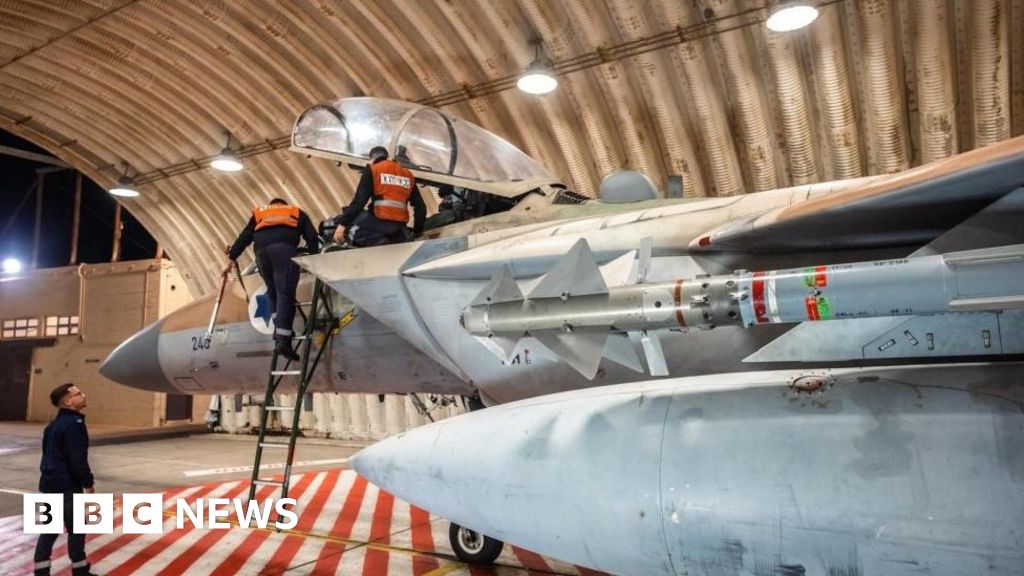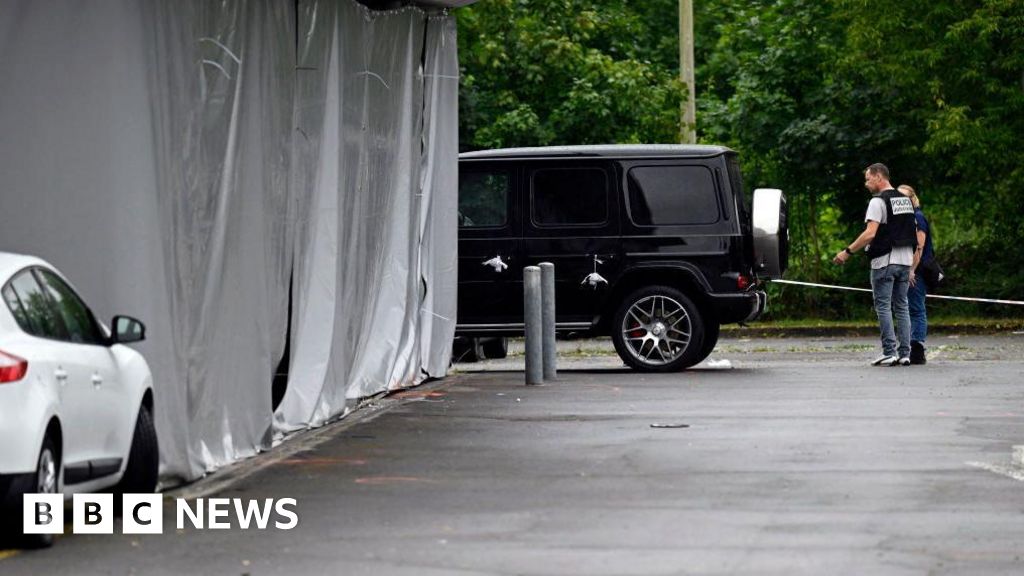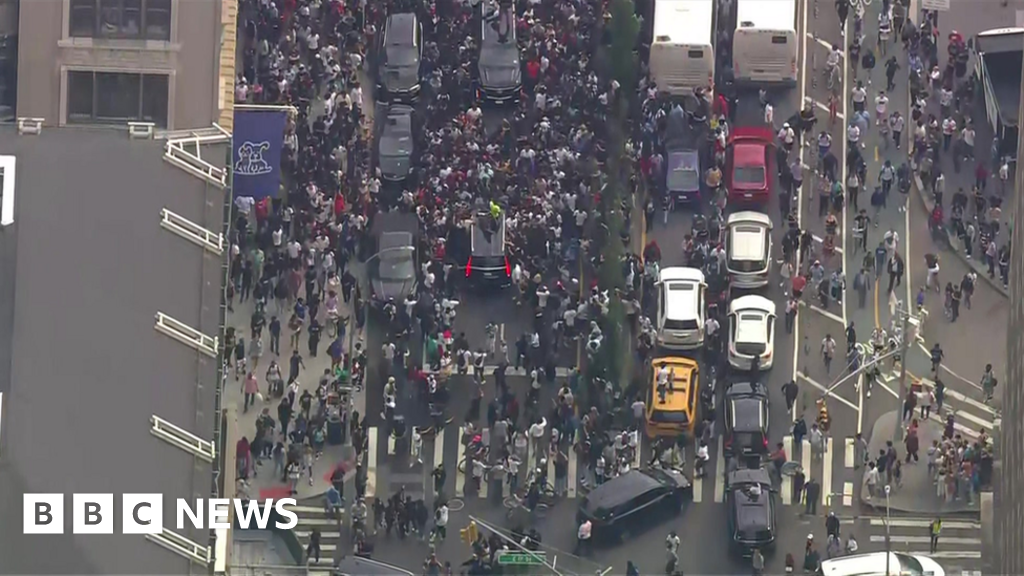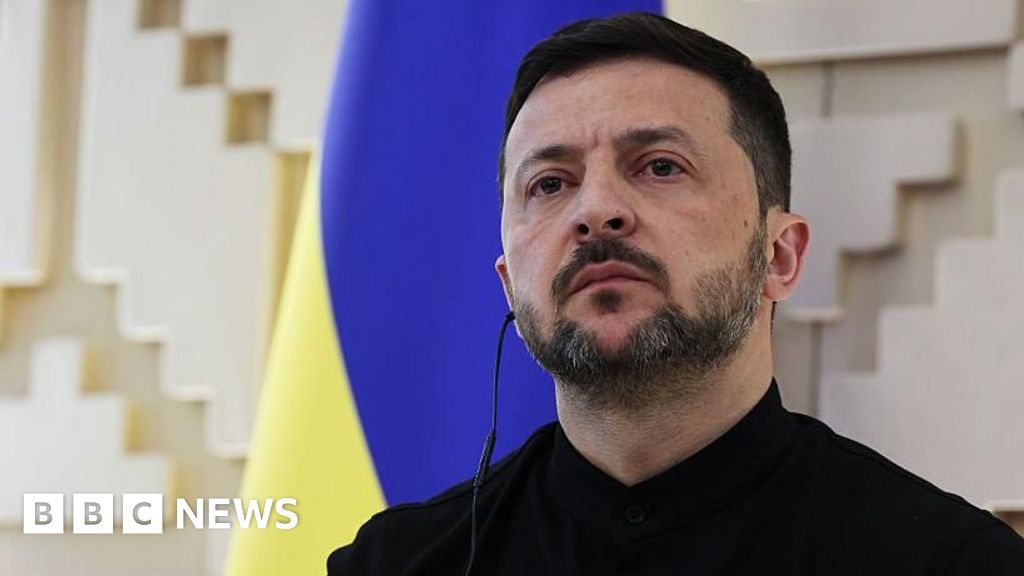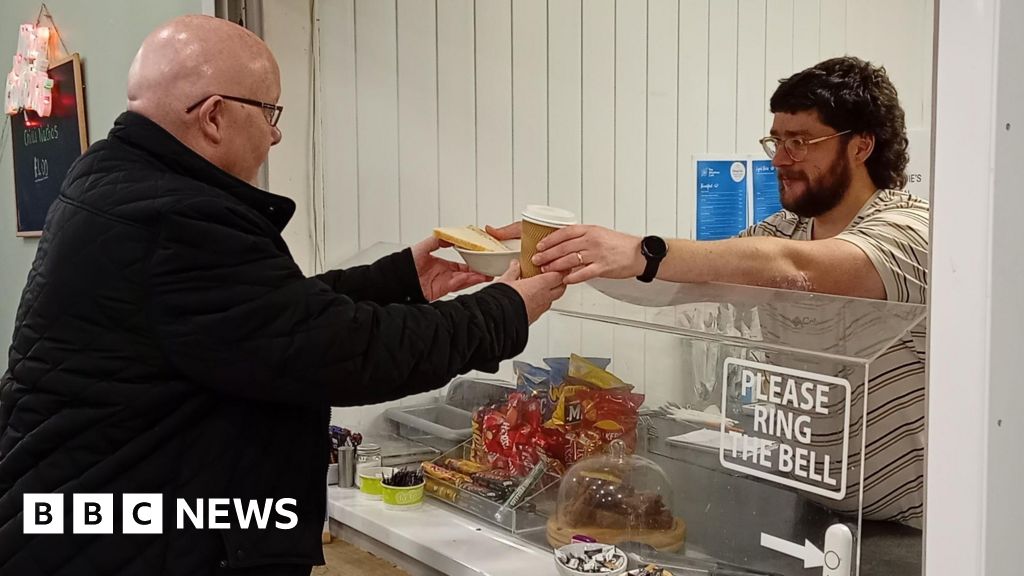Image copyright
Steve Mellen
The World From My Window project aims to bring together people from across the globe
We are used to hearing about how the coronavirus pandemic has affected countries like China, the USA and Italy. But this is only part of the picture.
During the course of the spread of the virus, two childhood friends who recently connected by chance have been bringing together stories of people from across the world.
Dan Shipton and Dan Boyden’s project, called the World From My Window, aims to publish personal accounts from every country touched by the pandemic.
Mr Shipton, whose company worked on the opening ceremony of the London 2012 Olympics, said: “If you’re alone in your property, wherever you are in the world, you can look out of your window and connect with others, knowing you are seeing the same sky.”
‘It is terrifying’
Image copyright
The World From my Window
Hiba has spoken of experiencing a daily terror
Hiba, a pharmacist from the occupied West Bank, says she has enjoyed being able to spend more time with her parents during the lockdown, but is terrified for them at the same time.
“Before this crisis I could not spend enough time with them because I work in two jobs throughout the week. I always felt afraid that time would pass quickly and one day I would not be able to hear their voices.
“Now I get to see them more, this is one good side of the crisis.”
Image copyright
The World From my Window
Hiba’s view from her window
But the 26-year-old says she experiences a daily terror that she might bring the virus into the family home, because the work she does.
“It is terrifying. I deal with patients and I come back every day to my parents.
“I am young, I will survive if I catch the virus, but what about them?
“I am like a grenade, I would put everyone I meet in danger. I am the one who sees the sick. I am dangerous.”
‘We were desperate to see our mother’
Image copyright
World From my Window
Carol’s father carried her mother to hospital on his back
It was Easter Sunday evening when Carol‘s mother was taken seriously ill – and that was a problem.
Travel of any kind after 7pm is forbidden under Uganda’s coronavirus lockdown rules, unless you can persuade a district commissioner to give you special permission.
Carol’s family could not wait, so her father took the risk and carried her mother 3km from their home in Jinja to hospital during the night.
Carol, 30, said: “My sister was so desperate to see our mother that she started walking the 250km from the capital Kampala to the hospital.”
A sugarcane truck, which is not permitted to transport people, passed by and she asked for a lift. The driver agreed to take her – for a price. The trip by taxi would have cost 7,000 Ugandan shillings (about £1.50) but she was charged 200,000 for the ride.
“She had to sleep under the plants so that any highway traffic checks did not discover her, ” Carol added.
Carol’s sister managed to make it to the hospital to see their mother, and was able to update the rest of the family on WhatsApp.
‘We are locked down yet again by force’
Image copyright
The World From my Window
Heba lives with her parents in Khartoum
In Sudan’s capital, lockdown has stirred painful memories for Heba of a massacre in June of last year.
Heba, who works for an international cultural relations organisation, lives with her parents in Khartoum.
“It reminds me very much of a month I’ve been dying to forget, June 2019, when we were in total lockdown by force after the Khartoum massacre, and how we didn’t have the time, the energy or the mental capacity to deal with what we’d witnessed,” the 30-year-old says.
“Less than a year later we are locked down yet again by force with one goal in mind: survive and start the rebuilding of our beloved Sudan, and a better world.
“Together we shall survive, we shall prosper and the best is yet to come.”
In the Muslim holy month of Ramadan, which ended on 23 May, in the evenings the streets would usually have been full of people enjoying communal meals as they broke their fast. The absence of these happy, noisy occasions has made the situation harder, Heba says.
Image copyright
The World From my Window
A view from Heba’s window
‘It’s like a weird global bingo’
Image copyright
The World From my Window
Dan Shipton has worked on stage shows for the likes of Kanye West and Dua Lipa
Dan Boyden and Dan Shipton, both 38, created the website The World From My Window together, despite not having seen each other since leaving Backwell School near Bristol 20 years ago.
Mr Shipton said: “By understanding what other communities and countries are going through you can help make the world smaller again and connect with people. We wanted to do that through storytelling.”
Image copyright
The World From my Window
Dan Boyden last saw the other Dan when they were teenagers
Mr Boyden is director of The Change Collective, which uses the arts to promote social development around the world.
He said: “We were looking at the situation where a third of the planet is in some sort of enforced isolation, and how we might capture that.
“We’ve been amazed at the range of stories we’ve been getting. It’s a real privilege to wake up in the morning and see what has come in overnight.
“It’s like a weird global bingo where we’ll get a story come in from somewhere like Azerbaijan and we can cross that country off.”
‘I can’t see my children’
Image copyright
The World From my Window
Arthur says his country has “stagnated”
There is no nationwide lockdown in Zambia, but in the capital Lusaka one area is closed off because of coronavirus.
Arthur is outside that zone, unable to see friends and family trapped within. He is also separated from his children.
“My children are in another district because I fear to bring them to my city; Lusaka is the epicentre of my country,” he says.
“The only thing that keeps me in touch with people I love is the phone. What if I don’t have any more talk time tomorrow?”
Image copyright
The World From my Window
A view through Arthur’s window in Zambia
And despite there being no mandatory lockdown, Arthur, 40, a programme manager with local non-governmental organisations, says the police are still beating people found walking after dark or having a drink alone in their parked cars.
He says that for a month he has stayed at home, watching the news report coronavirus cases increasing in his country.
“I’m filled with fear as most Zambians live hand to mouth. The world has stopped moving and my country has stagnated.”
‘The isolation has drained me’
Image copyright
The World From my Window
Atif says he has gone from walking 10,000 steps a day to barely getting out of bed
Inside lockdown in Tank, Khyber Pakhtunkhwa, Pakistan, Atif, 24, says being at home has drained him of all desire to meet other people or even hold normal conversations.
“I haven’t left my home in over 30 days, except for once, when I had to put my facial hair in tune and couldn’t find a single barber in the entire town.
“From a fitness freak who walked over 10,000 steps a day to barely getting of bed, these few weeks couldn’t get any scarier.”
Atif is the co-founder of a tourism app, TripMate, and is in his final year of studying computer systems engineering at the University of Engineering & Technology, Peshawar.
“The isolation has drained me of the energy even to be digitally connected with my friends and colleagues.
“I often find myself avoiding calls, ignoring messages and leaving no stone unturned to shun human interaction.”
Image copyright
The World From my Window

